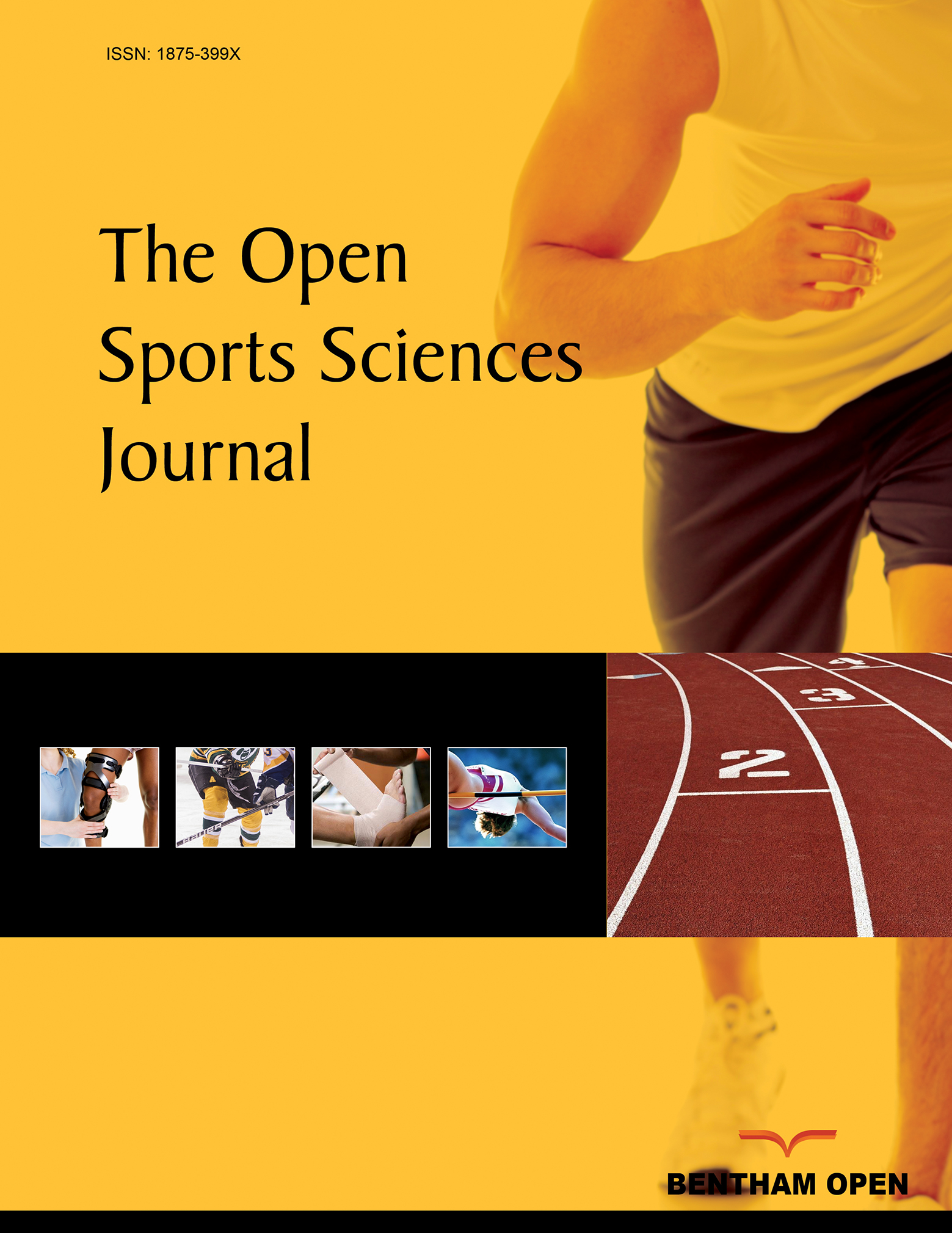All published articles of this journal are available on ScienceDirect.
Methodological Differences in the Interpretation of Fatigue Data from Repeated Maximal Effort Knee Extensions
Abstract
Background:
Isokinetic fatigue protocols are commonly used in both research as well as in kinesiology education. However, fatigue quantification methods vary between studies.
Objective:
Therefore, the purpose of this study was to determine how fatigue quantification methods affect data interpretation and which methods may be most appropriate.
Method:
In this study, we quantified fatigue from a repeated maximal effort isokinetic knee extension test using different methods, as seen in published research. Nine healthy males and nine healthy females performed 50 concentric knee extensions at 180°•s-1. For each repetition, torque was quantified as either peak torque (PT), torque at the mid-point of the range of motion, and torque integrated over the full, middle 30° range of motion, and isokinetic range of motion. Fatigue Index was quantified using either the first and last three or five repetitions or the peak and last three or five repetitions. Torque slopes were quantified using all repetitions or repetitions that occurred at and beyond the repetition at which the greatest torque value occurred.
Results:
There was a significant inverse relationship between angle at PT and repetition number. Measures of fatigue were overestimated when torque integral over the isokinetic range of motion was utilized. When the first three or first five repetitions were utilized for Fatigue Index calculations, fatigue was underestimated.
Conclusion:
Results suggest that torque integral over the full range of motion is likely the best representation of strength or work. Also, researchers should omit the first few repetitions from their quantification of Fatigue Index or torque slope.


